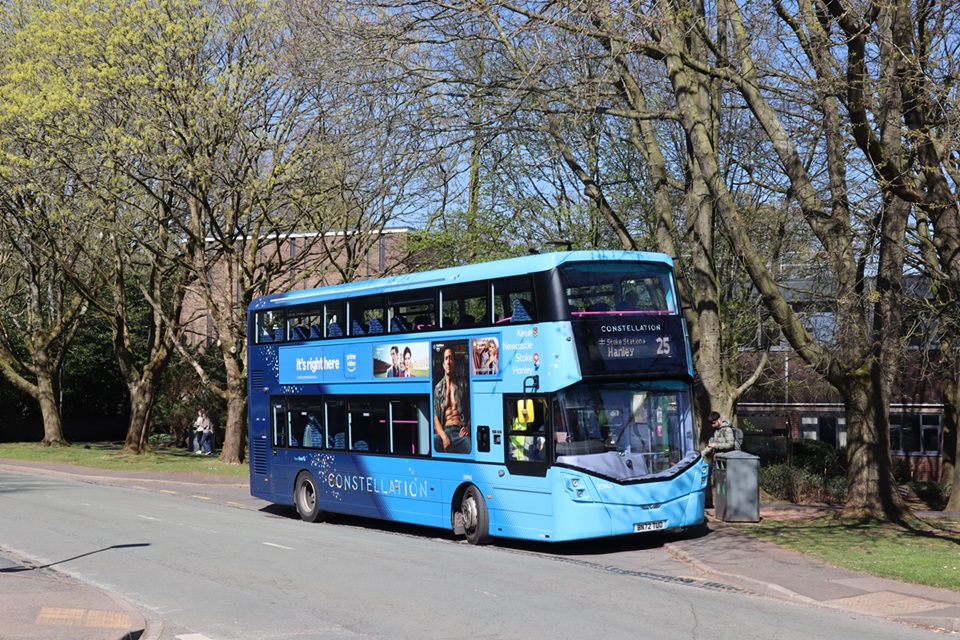Launch of the multi-stakeholder Maintenance Provision Rating Scheme (MPRS), primarily (but not entirely) for third-party contractors after a pilot that began in 2024 gives a strong pointer that scrutiny of external maintenance contractors remains of great interest to the powers that be.
The Traffic Commissioners (TCs) have long laboured that responsibility for quality of a contractor’s work remains with the operator and have made clear that no quarter will be given if there is a failure in that process. DVSA covers the subject extensively in the Guide to Maintaining Roadworthiness, which was further updated recently.
Loudening of talk around third-party maintenance providers may be a worry for some operators that use them, but it must not be forgotten that MPRS sits alongside existing similar approaches to verifying the competence of those contractors.
The Institute of Road Transport Engineers – which manages MPRS – already has an audit-based Workshop Accreditation scheme and a Workshop Accreditation Register. It describes MPRS as a “transformative new industry benchmark” that will reform current best practices, but Workshop Accreditation will continue alongside MPRS.
There is no sign of participation in MPRS being mandatory for maintenance contractors, although the push to get them signed up and rated is already clear.
TCs do not regulate external maintenance providers, as Richard Turfitt has noted. But an increasing focus on the competence and abilities of those parties and their staff means that formal launch of MPRS may not be the last that is heard about further assuring their quality.

Meanwhile, the likely prominence of Reform UK in local elections at 23 councils in England on 1 May might hardly be considered good news for the bus industry and its customers, given Nigel Farage’s disdain for net-zero policies and a previous pledge to end what it terms a war on motorists.
Reform is predicted to gain many seats, some councils, and two elected mayors. Bus operators in any future Reform-controlled areas may not relish that, but a senior figure within the industry suggests that a silver lining on a national level may in fact come with it.
If Labour does see the expected backlash, could it be tempted to extend the use of buses as a political lever with some voters? Improved services can be delivered quickly, while the fare cap in England has served a useful purpose for two governments.
All hinges on the outcome of the spending review, but with bus services having delivered significant political capital since 2020, the strong value for money and tangible benefits of public money put their way could still form part of Labour damage control.



























